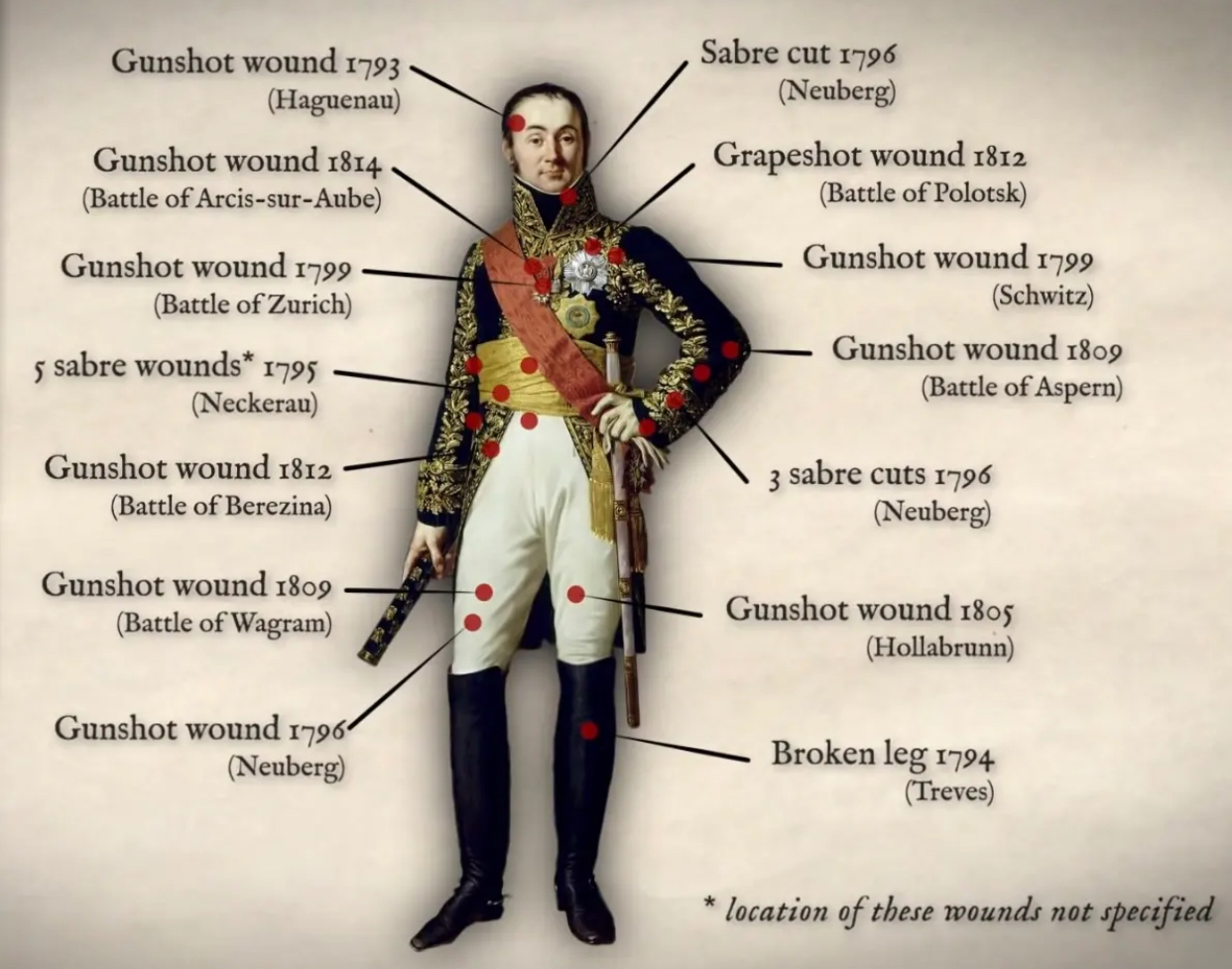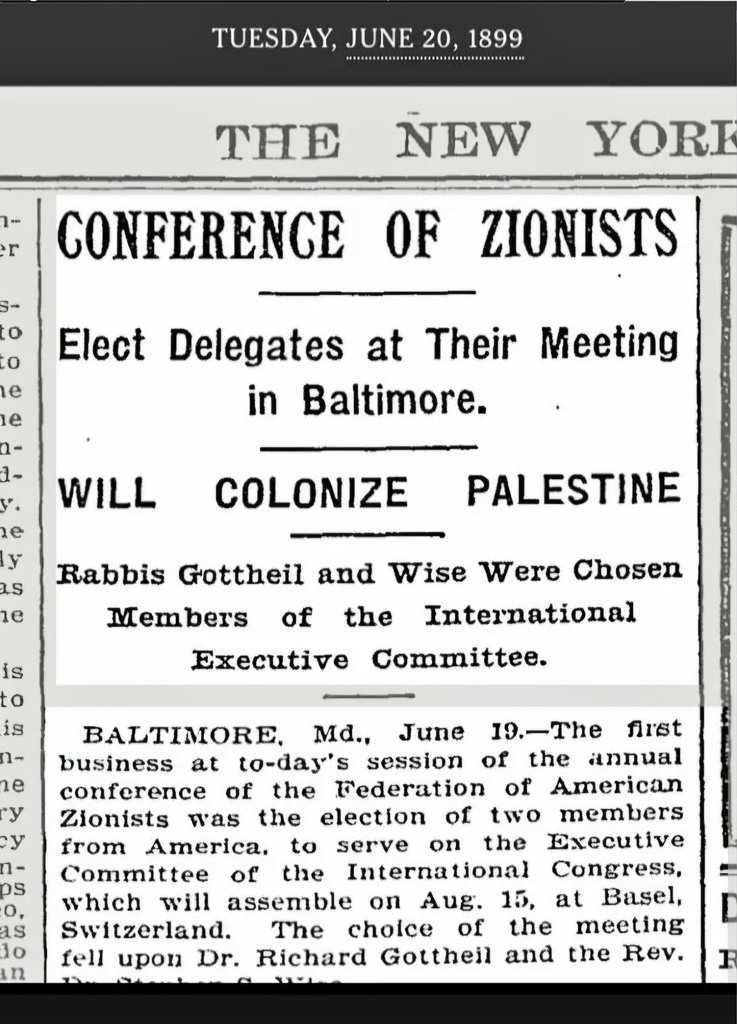I am a Сomrade Сolonel, born in 1930, and I grew up in Tbilisi. I graduated from the 20th Men’s School with honors and later from Tbilisi State University in 1966 with a degree in history, earning a red diploma. I mention this not to boast but because it relates directly to the relationships between Ossetians and Georgians. It’s worth noting that I was nominated for a gold medal by Nelli Kuparadze, a wonderful person whose brother commanded the Georgian division in Batumi. The red diploma was awarded after the university rector reviewed my thesis on the relationships between Ossetia and Russia in the second half of the 18th century.
The Example of My Life
Through my life, I want to show how these almost related peoples can live together peacefully and respectfully. My first teacher, Lena Ugrekhelidze, loved me like her own child. I was christened by the Karumidze family from Khashmi. The Georgian people have done much good for the Ossetians. Despite its flaws, the Soviet government did not allow hostility between nations. I never paid attention to the fact that I was Ossetian, and all my friends in school were Georgians. Of course, not everything was perfect under Soviet rule, but it was not hostile. There was unofficial discrimination, for example, with most ordinary police officers being Ossetians while only Georgians could be officers. It was impossible to advance in your career with an Ossetian surname. Many Ossetians changed their surnames to sound more Georgian, as did Greeks, Armenians, Azerbaijanis, and others.
Observations on the Dialogue Between an Ossetian and a Georgian
On November 24, I listened to a dialogue between an Ossetian and a Georgian. I hadn’t heard such a calm, almost friendly conversation between them in a long time. I liked much of what Kuparadze and his companion said, but I disagree with some points, particularly their assessment of U.S. policy. The U.S. may not be seizing foreign lands now, but they have a history of wars in Latin America and horrific crimes in Japan. I served in Cuba in 1962-63 and saw the results of American "care" for the Cubans—poverty and humiliation. And what about Guantanamo? Isn’t it Cuban territory? Why doesn’t America return Guantanamo to Cuba? There’s no need to seize a country when you can simply buy off its loudest leaders.
The Influence of the U.S. on Georgia and Ukraine
Isn’t Georgia under U.S. influence? The U.S. armed Georgia for its war against South Ossetia, encouraging them to kill each other, offering more weapons. Isn’t Ukraine under U.S. control? Why conquer what willingly falls under their boot? Georgia has been under Western and U.S. influence for 30 years. Has the Georgian people’s quality of life improved compared to their time with Russia? I know well how life was in Soviet Georgia. Today’s modern patriots shout about 200 years of occupation, but these false patriots never experienced the occupation that Russia saved Georgia from.
Reflection on Georgia's History and Current Situation
In "occupied" Georgia, there was a highly developed industry, agriculture, healthcare, culture, and education. Compare today’s Georgia with the Soviet era. Is Russia the enemy, as the slogans of the so-called patriots claim? About a million Georgians live, work, and hold respectable positions in Russia, and no one calls them enemies. Compare this with the situation of Russians in Georgia. Before 1991, there were 460,000 Russians in Georgia; now, perhaps around 50,000 remain.
In Soviet Georgia, all leadership positions, from village council chairpersons to large enterprises, from party committee secretaries to the first secretary of the Central Committee, were held by Georgians or those with Georgian surnames. Georgians even held leadership roles in the Soviet Union. So, who occupied you? You were occupied by your own corrupt leaders who became secret millionaires.
The Challenge of Georgian-Ossetian Relations
The relationship with Ossetians is complex. I recommend starting by reading the works of historian Dr. Max (Mark) Bliyev on Georgian-Ossetian relations, including figures like Machabeli, Amilakhvari, and Nugzar Eristavi. These Georgian princes, whom Russia preserved with all their privileges, used the Russian army to conquer Ossetia, resettling part of the population from South Ossetia to other regions to make it easier to destroy those left behind. Georgian nobles like Valiko Jugeli also committed atrocities against Ossetians, including the brutal killing of pregnant women. Georgians should at least apologize to the Ossetian people for the genocide they perpetrated over the centuries.
On NATO Membership and Georgia's Future
Regarding your potential NATO membership, of course, it’s your decision to join whatever you choose. But beware of cutting off your nose to spite your face. As a military man who served 30 years in air defense forces, including three years in Georgia, I can tell you that Georgia’s missile defense system won’t protect the country from an attack. However, no attack will occur unless NATO military facilities are stationed there. And if NATO defends you and destroys Russia with nuclear weapons, what will happen to Georgia when a nuclear-devastated Russia is your neighbor? Think about this before joining any alliance.
The best solution for preserving the people is military neutrality. But ultimately, the choice is yours. I’m just expressing my opinion as someone with certain knowledge about Russia’s missile and nuclear weapons.







